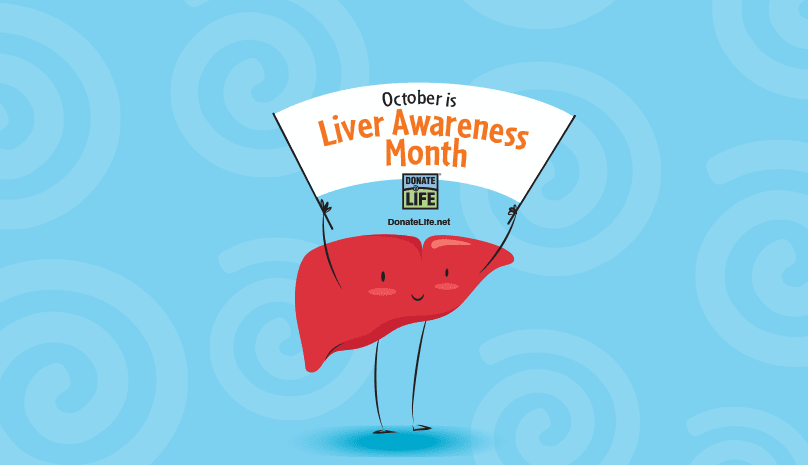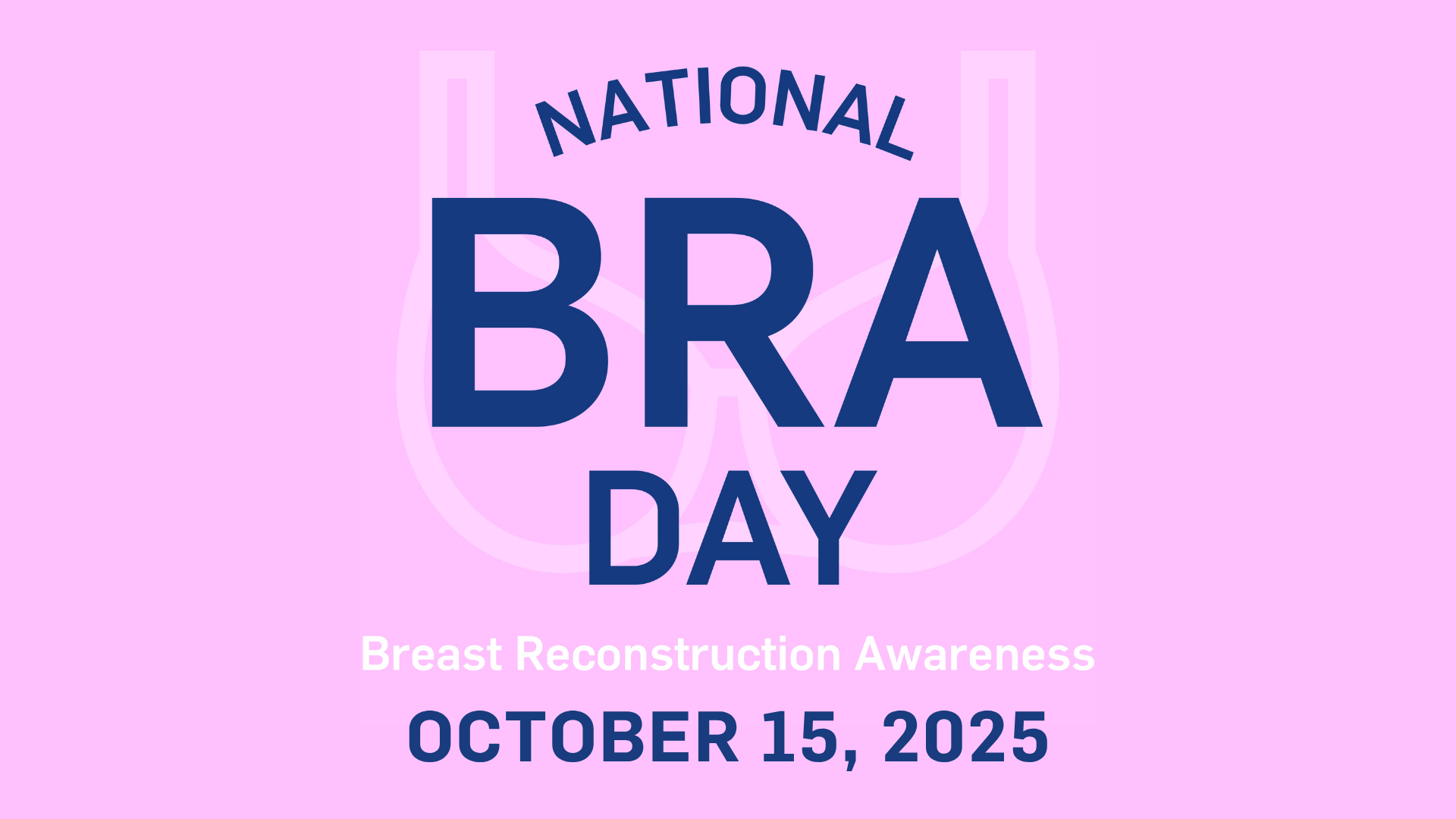October is National Liver Awareness Month, a time to raise awareness about liver health and the risks of liver disease. The liver is one of the body’s most crucial organs, responsible for detoxifying blood, aiding digestion, and storing essential nutrients.
Although most of us understand the importance of the liver, fewer people realize that liver disease can go unnoticed until it’s advanced. Factors like alcohol consumption, obesity, and viral infections can increase your risk of developing this dangerous condition. The month of October serves as a reminder to evaluate whether you are at risk for liver disease.
A dangerously common disease
Liver disease affects millions worldwide. In the U.S. alone, an estimated 4.5 million adults have been diagnosed with some form of liver disease, including hepatitis, cirrhosis, and nonalcoholic fatty liver disease (NAFLD). This alarming number accounts for not quite 2% of the population of U.S. adults. Liver cancer cases have also risen sharply in recent decades. With liver disease often progressing silently, these statistics emphasize the importance of early detection and prevention.
The American Liver Foundation’s “Think Liver, Think Life” campaign
The “Think Liver, Think Life” campaign created by the American Liver Foundation (ALF) aims to raise awareness about liver disease and promote early detection and prevention. This initiative encourages individuals to prioritize liver health by recognizing risk factors, such as obesity, alcohol consumption, and viral infections like hepatitis. The campaign stresses the importance of regular check-ups and liver function screenings, as many liver diseases are silent in their early stages. Through education, outreach, and community involvement, “Think Liver, Think Life” seeks to empower people to make informed health choices and take proactive steps to protect their liver and overall well-being.
The core tool of the campaign is an interactive online quiz that helps assess whether you or someone you love is at risk for fatty liver disease (now called steatotic liver disease). This condition affects an estimated 80-100 million people in the United States, and certain health factors make the risk much higher. Steatotoic liver disease often has no symptoms until liver damage is significant, so take a moment today to take this short quiz (also available in Spanish). It could save your life!
One of the best things you can do during National Liver Awareness Month this October is to talk to your physician about your specific risk level. To help facilitate this discussion, we have provided a list of questions below. Consider taking a screenshot, texting this link to yourself, or copying and pasting the questions into an email. The important thing is to be prepared!
Questions to ask your doctor:
- Are my liver function test results within the normal range?
- Considering my risk factors (such as obesity, high blood pressure, diabetes, and metabolic syndrome), should I undergo additional tests like a liver ultrasound? I’ve read that fatty liver disease can sometimes be present even with normal liver enzyme levels, and an ultrasound might detect it.
- What signs or conditions do I have that might indicate fatty liver disease or NAFLD?
- Can fatty liver disease be reversed? How long does it typically take to see improvement?
- Do I have any signs of cirrhosis or liver scarring?
- If cirrhosis is present, how advanced is the scarring?
- What changes to my lifestyle and diet can support liver healing?
- Will losing weight help reduce fatty liver disease?
- Is it safe for me to consume alcohol, and if so, how much is acceptable?
- Can I get a referral to a dietitian or nutritionist to develop a personalized meal plan?
- What types of physical activities are safe for me to engage in?
- Are there any treatments or medications available for managing fatty liver disease?
In addition to speaking with your doctor, you can take steps now to lower your risk for liver disease. Take a moment to check out this helpful guidance from ALF.
Ways to protect your liver:
- Watch your weight, eat a balanced diet, and exercise regularly to avoid diseases like Non-Alcoholic Fatty Liver Disease (NAFLD).
- Eat healthily from all food groups, including fresh fruits and vegetables, whole grain breads, rice and cereals. Limit fats.
- Limit the amount of alcohol you drink. (Alcohol can damage or destroy liver cells.)
- Manage your medications. Pay attention to warnings that say that a medication can damage the liver.
- Avoid breathing in or touching toxins, such as cleaning and aerosol products, insecticides, and chemicals.
- Do not smoke.
When liver disease becomes advanced, some patients require a liver transplant. In fact, more than 10,000 adults and children in the US are on the waiting list for a new liver right now. By becoming a registered organ, eye, and tissue donor, you might be able to give someone suffering from liver failure a new chance at life. Sign up for the donor registry and you’ll increase the chance that patients waiting will get the transplants they need to survive.



